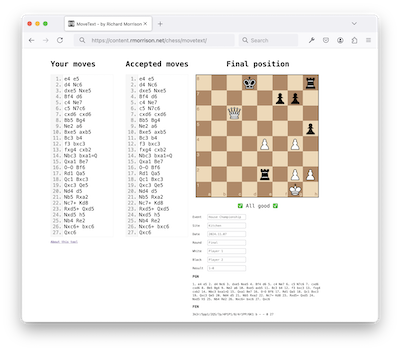Things I like / Things I made
Things I like
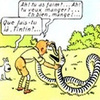 |  |  |  |
|---|---|---|---|
| Meta | Brains | Family | Birds |
Things I made
I can’t link to all the things I’ve made, because lots of them are internal to or the intellectual property of the company that employed me at the time. Here are some highlights I can share.
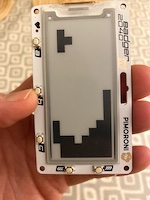
Slow Tetris
Fridge-based falling bricks that take a couple of days to drop the height of the screen. An experiment on a Raspberry Pi 2040 with wifi and e-Paper display.
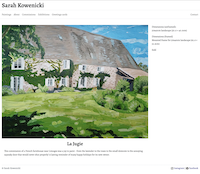
Sarah Kowenicki Art
A skill-swap with my friend Sammie. I built a website to showcase her wonderful paintings, and we got a painting of one of our favourite places to hang in our house! I’m always up for projects like this. Sammie does commissions.

/dev/esc - an escape room for dev teams
Designed for 2-8 players, your team will need to code, puzzle and hack its way out of this hobby project of mine.
Completely online and fully remote (covid safe!), I hope this grows into a way that developer teams spend some nice time together. I’ll be happy if all it offers is something a bit different from gaming or beers.

Tickbeat - a novel monitoring system
This side project takes a novel approach to keeping things working. It grew out of an idea I blogged in 2012 and has been used by a few companies as a prototype. I’m quite proud of live-updating visualisations, dynamic “beats” that drop if they’re not regularly ticked, and the possibilities that emerge from hierarchically arranging monitoring systems.
Estigator - estimates with teeth
Making estimates as a software developer is fraught with risk, and can be a source of stress and tension between devs and non-devs. I built this hobby project as a way of learning React (it’s entirely front-end). Thinking of estimates as distributions is helpful, it’s fun to play with the numbers and see the effect on the charts, and the maths is also interesting.
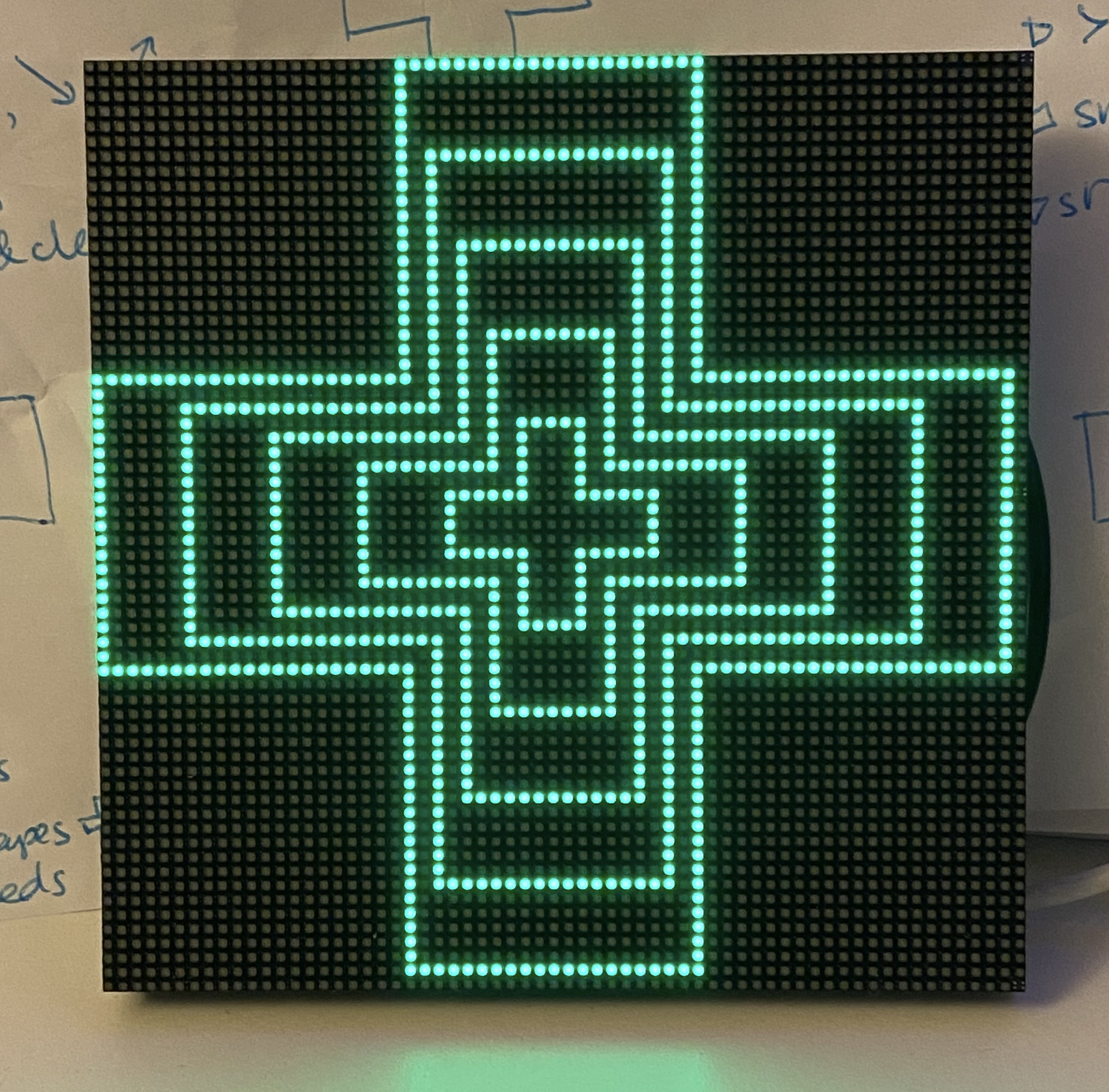
Animated model pharmacy sign
Pretentiously entitled “Souvenirs des villes européennes”, this is a micropython-powered hobby project with flashing modes and a dollop of nostalgia.

A home automation system
Like all web geeks I have run node.js on a Raspberry Pi in my house. I got into xbee mesh networking and open-sourced a library, which has grown into a little project of its own (under the auspices of other people).

Shakespeare in a database
Practise your SQL on something more interesting than employee and customer data.

How many seconds
Have you missed your gigasecond? I was born to the sound of a clock striking. I was able to anticipate when I would pass the age of 109 (one billion) seconds, and I duly marked the occasion.
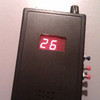
A bat detector
Following an eye-opening punting bat safari with Scudamore’s in Cambridge, and as a way of indulging my electronics habit, I made myself a bat detector.
I bought the kit from zwergfledermaus.de.
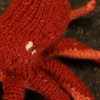
A knitted octopus
A labour of love for my god-daughter, this little fella made rather a tricky “my first knitting project”.
Pattern from Ravelry

A unique running race
How do you (reasonably fairly) handicap a race without information about the competitors’ abilities?
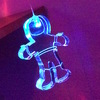
Raspi children's bedroom lights
A parent’s dream: the room lights go dim and the “moon” comes out for story time. “Space lady” lights up the night in technicolour patterns. In the morning, daylight coloured light silently starts the day.

Yellows
My first web project: covered by TV and national newspapers, it featured marquee text, animated GIFs (the first time around). Resurrected in 2014 to celebrate a strong run in the FA Cup.
01 Jan 0001
Yellows - The Warrington Town Homepage
Warrington Town were one of the first teams in North West Counties League to have a web presence. The site I designed, co-wrote and ran in the mid/late-90’s to early 00’s earned recognition as a Daily Telegraph Site of the Day, was featured on TV and won numerous awards for lower-league football websites. Sadly, it no longer exists. I resurrected it to celebrate a strong cup run in 2014.01 Jan 0001
node.js xbee home automation
One day, I’ll get round to writing this up in more detail. Frustrated at the lack of integration between existing products, I built my own home automation system. It runs on a Raspberry Pi, using event-driven javascript (node.js) and wireless mesh networking (xbee) to link various bits of my house together, and connect them to the outside world. I can, from any browser: switch the outdoor lights on and off detect doors opening and closing switch my burglar alarm on and off (it saves pictures of intruders, and texts me when they enter) turn radios on and off, play notifications turn the central heating up/down/on/off read the temperature at various points monitor the noise and motion levels in my kitchen (plus webcam) flashing lights on my kitchen clock (pictured) tell me what’s going on, as well as the website The system can log things like the doors opening or the power use/temperature into a database.01 Jan 0001
nitelite
Nitelite a.k.a. “space lady” is a parent’s dream. The lights go dim and the “moon” comes out for story time, just before bed. A colour-changing mobile hangs in the room. When it’s time for lights out, it’s automatic, and the mobile drops to a dim red. In the morning, daylight colour silently comes on to signal the arrival of a new day. Made using: Philips Hue lightbulbs and their API Raspberry Pi A bit of javascript, HTML and python, all free & open-source: https://github.01 Jan 0001
Developer Team Building
If you’re looking for a team building activity for developers, you should consider /dev/esc - the online escape room for developer teams. /dev/esc is a new remote team building idea. It works in person too. Challenge your team of software engineers to solve programming puzzles and obtain the clues they need to escape. Designed for 1-8 players (it supports up to 12), it is an ideal and enjoyable way to build team cohesion, socialise and geek out.Favourite posts
- On wiggly lines and being normal
- On infinite villages
- Running a race backwards
- Brainmaking
- Their tables were stored full, to glad the sight
- The structure of a smell
Recent posts
- Solo g10k and arbitrary units
- Start your holidays with a meta-alarm
- PGN files from handwritten chess notation
- Souvenirs des villes européennes
- Pic'n'mix reinvented
Blog archives
Posts from 2012, 2013, 2014, 2015, 2016, 2017, 2018, 2019, 2020, 2021, 2022, 2023, 2024, 2025.
